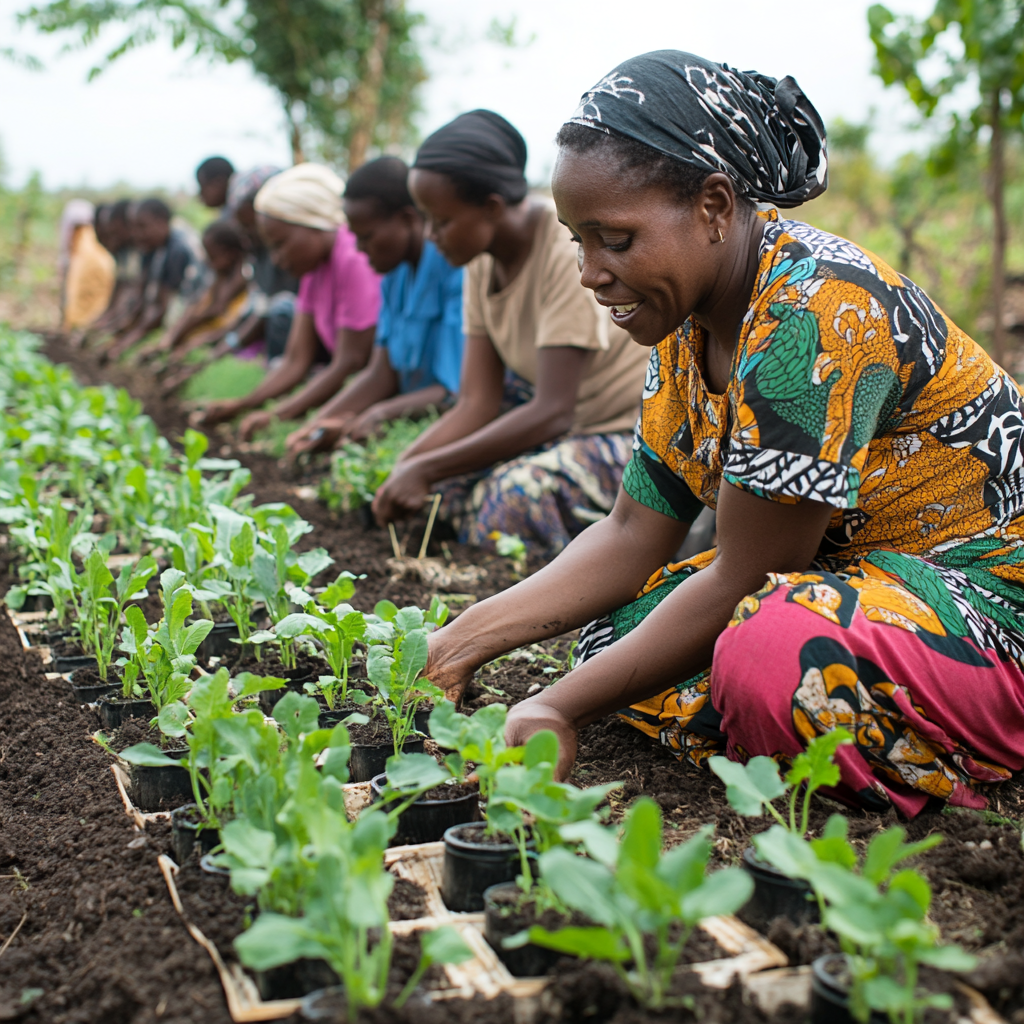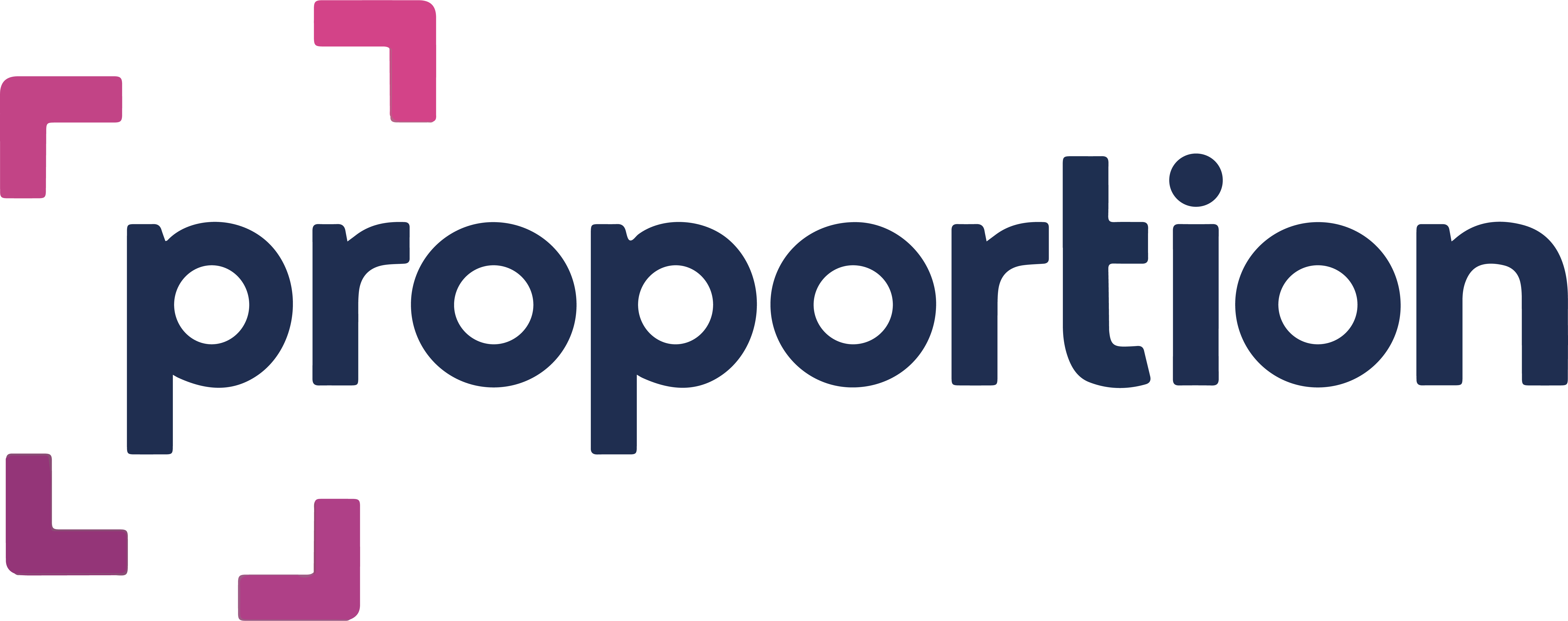
Enhancing Agricultural Livelihoods through Input Access at Dzaleka Refugee Camp, Malawi
Situation
In 2016, the Dzaleka Refugee Camp in Dowa District, Malawi—home to a growing population of refugees from countries such as the Democratic Republic of Congo, Burundi and Rwanda—faced ongoing challenges related to food security, limited access to agricultural inputs, and restricted livelihood opportunities. There was a pressing need for context-specific, inclusive interventions to unlock sustainable agricultural productivity within the camp environment. This required an integrated, collaborative, cross-sectoral approach involving humanitarian, government and private sector actors.
Assignment
The initiative aimed to improve refugee livelihoods through enhanced access to agricultural inputs and capacity building in sustainable farming. As a CorpsAfrica Volunteer, I was tasked with designing and executing a human-centered intervention to bridge the input supply gap, facilitate stakeholder collaboration and promote resilience-building farming systems within the camp. The assignment required working across multiple actors, including the Camp Manager, agro-dealers, the Ministry of Agriculture, the Ministry of Gender and UNHCR—the UN agency responsible for refugees in Malawi.
Approach
1. Human-Centered Design Undertook community-driven discovery and observations to understand livelihood needs, barriers to agricultural input access and cultural farming practices through interviews and focus group discussions with refugee households.
2. Cross-Sector Coordination Convened dialogue and alignment workshops with local agro-dealers, Syngenta representatives and government ministries to co-develop a last-mile distribution strategy for agricultural inputs.
3. Capacity Building & Training Developed and delivered context-appropriate training modules focused on input utilization, climate-smart agriculture, and basic agribusiness skills. These were designed with attention to cultural and literacy diversity within the camp.
4. Pilot Implementation & Learning Loops Launched a targeted pilot distributing seeds and fertilizers through vetted agro-dealers, monitored uptake and iteratively refined engagement strategies using feedback loops from refugee farmers.
5. Stakeholder Enablement Supported coordination between UNHCR, the camp management, the Ministry of Agriculture and Agro-dealers (traders) to institutionalize ongoing technical support and explore sustainable financing mechanisms for input access.
Results
Improved Access to Inputs Over 200 refugee farmers gained access to affordable, quality agricultural inputs through local supply chains available to the refugees within and around the camp. •Increased Productivity Participating households reported improved yields in staple and high-nutrition crops over one season. •Strengthened Ecosystem The initiative catalyzed stronger public-private-civil society partnerships that continue to support the camp’s agricultural ecosystem and promoted food security between 2016-2017. •Scalable Model Lessons learned informed the design of subsequent refugee-focused agricultural livelihood programs implemented by NGOs and private sector partners.
This project was commissioned by CorpsAfrica Malawi, in collaboration with Syngenta and performed by Emas, a member of the Proportion Global community. If you’ve enjoyed reading this case and want to dive deeper, we’d love to hear from you and we will connect you with relevant designers like Emas, who worked on this project Contact Us


Responses